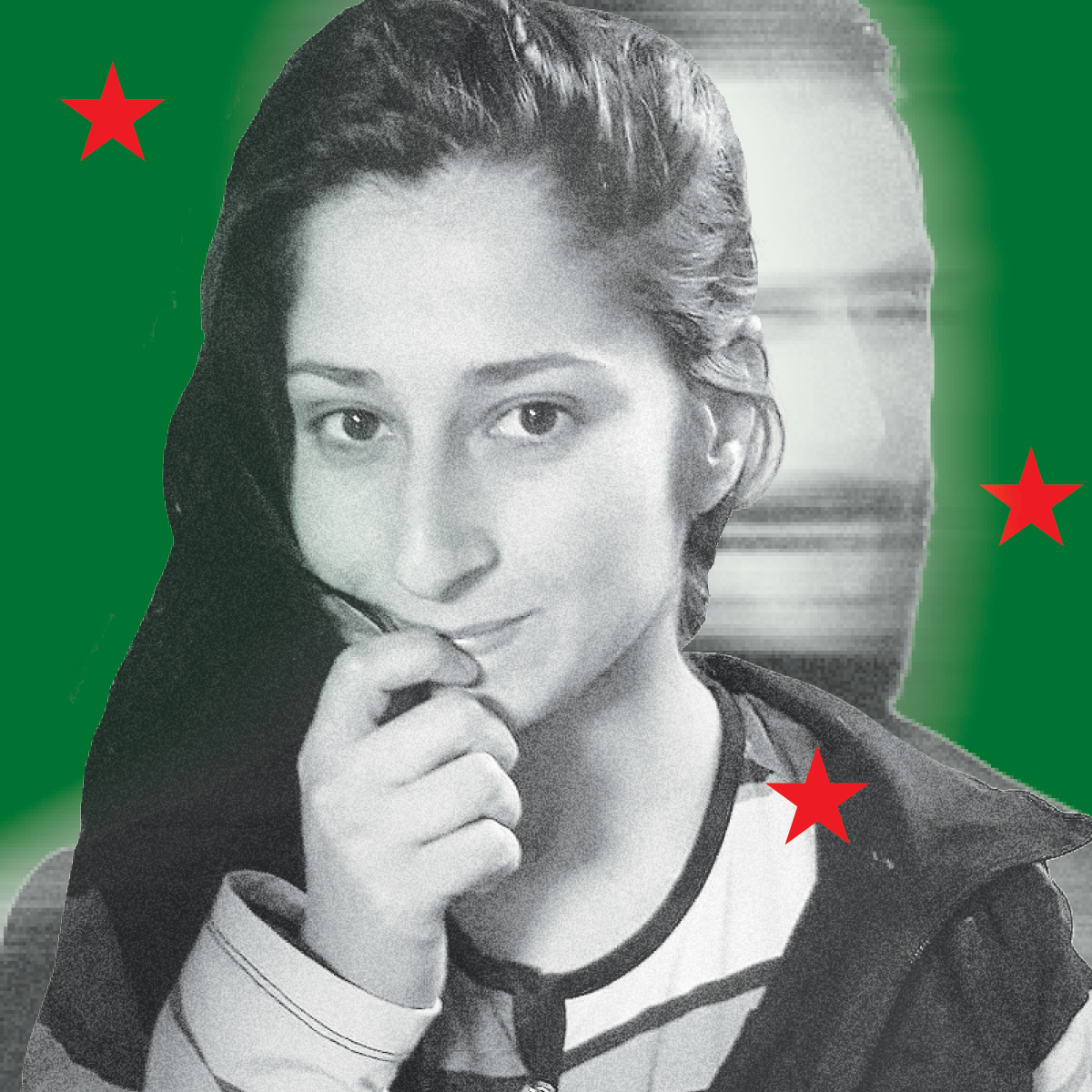
Syria's Human Rights Paradox: Newly Appointed Commanders Accused of Atrocities
Introduction
Syria's interim President Ahmad al-Sharaa's pledge to uphold human rights following the end of the brutal civil war is severely undermined by the appointment of commanders with a history of alleged grave human rights abuses to key military positions. A CNN investigation reveals disturbing new details about the scale of these abuses, particularly focusing on the Hamza Division, led by Sayf Boulad Abu Bakr, now a commander in Syria's army. This article examines the allegations, the international response, and the broader implications for Syria's future. The report includes graphic accounts of sexual violence and torture.
The Appointment of Abu Bakr and Other Accused Commanders
Sayf Boulad Abu Bakr, the leader of the Hamza Division, a militia sanctioned by the United States for kidnapping, torturing, and sexually abusing women from Syria's Kurdish minority, has been appointed to lead a military unit in Syria's most populous governorate. This appointment has sparked outrage among victims and human rights groups. The US and UN have also accused other commanders now holding influential roles in the Syrian army of grave human rights violations. These include:
- Mohammad Hussein al-Jasim (Abu Amsha): Commander of the 62nd Division in Hama governorate, accused of abduction, harassment, and extortion.
- Ahmad Ihsan Fayyad al-Hayes: Commander of the 86th Division in the country's eastern region, accused of abduction, unlawful killings, torture, and trafficking.
Accounts of Abuse within the Hamza Division
CNN's investigation includes interviews with several victims of the Hamza Division, providing harrowing details of their experiences. Lonjin Abdo, a Syrian activist and refugee, spent years in captivity, enduring solitary confinement, torture, and sexual abuse. Two other women, speaking anonymously for fear of retribution, corroborated accounts of widespread sexual abuse, including the sale of women into sexual slavery. A former Hamza Division member confirmed the abuses, stating that some women were traded among powerful men and repeatedly raped. The militants also recorded videos of their crimes, some of which were used as propaganda.
Evidence of Abuse: CNN verified videos and images from the militia’s secret jails, showing women being sexually assaulted and forced to read scripted confessions. One video shows two women being assaulted while screaming for help.
Conditions of Captivity: The women were held in squalid conditions, often in makeshift cells infested with insects and lice. They suffered from hunger, torture, and lack of medical care. Even children were not spared, with one eight-month-old infant among those kidnapped and held captive alongside their mothers.
Boulad's Knowledge: Witnesses reported that Boulad himself visited the jail multiple times and was aware of the abuses taking place.
International Response and Concerns
The appointment of Abu Bakr and other accused commanders has drawn condemnation from international organizations and human rights groups. The European Union sanctioned Boulad in May, citing his division's involvement in the torture and arbitrary killing of civilians. Human Rights Watch and other Syrian rights groups have consistently reported on the abuses committed by the Syrian National Army (SNA) factions, many of whom are now integrated into Syria's new army. Dr. Annyssa Bellal of the Geneva Peacebuilding Platform expressed concern that without accountability for past crimes, stability in Syria remains elusive.
EU Sanctions: While the EU lifted many sanctions on Syria in May 2023, sanctions targeting individuals and organizations accused of human rights violations remain in place. [Link to EU announcement on sanctions] (Placeholder URL)
US Sanctions: The US maintains sanctions against Boulad and other individuals. [Link to US Treasury Department Sanctions list] (Placeholder URL)
UN Reports: The UN has also documented numerous human rights violations by armed groups in Syria, including those now integrated into the army. [Link to relevant UN report] (Placeholder URL)
The Syrian Government's Response and Western Support
Despite the allegations, the Syrian presidency, the Ministry of Defense, and Sayf Boulad Abu Bakr have not responded to CNN’s requests for comment. President al-Sharaa’s meetings with European leaders, including French President Emmanuel Macron, where he reiterated his commitment to human rights, highlight a complex situation. While some Western nations are showing signs of renewed ties with Syria, concerns remain about the potential for unconditional support to embolden those with horrific human rights records. Some experts suggest that integrating known abusers into the military was a necessary, albeit problematic, security measure given Syria's fragile political landscape.
Lonjin Abdo's Ongoing Fight for Justice
Lonjin Abdo, after her release from captivity in 2020, continues her fight for justice. She has received threatening messages and images from her captors since her release. Her efforts to ensure accountability for those responsible for the widespread abuses within the Hamza Division underline the urgent need to address human rights violations in post-conflict Syria. She currently runs a support network for victims of abduction in Syria, Lelun.
